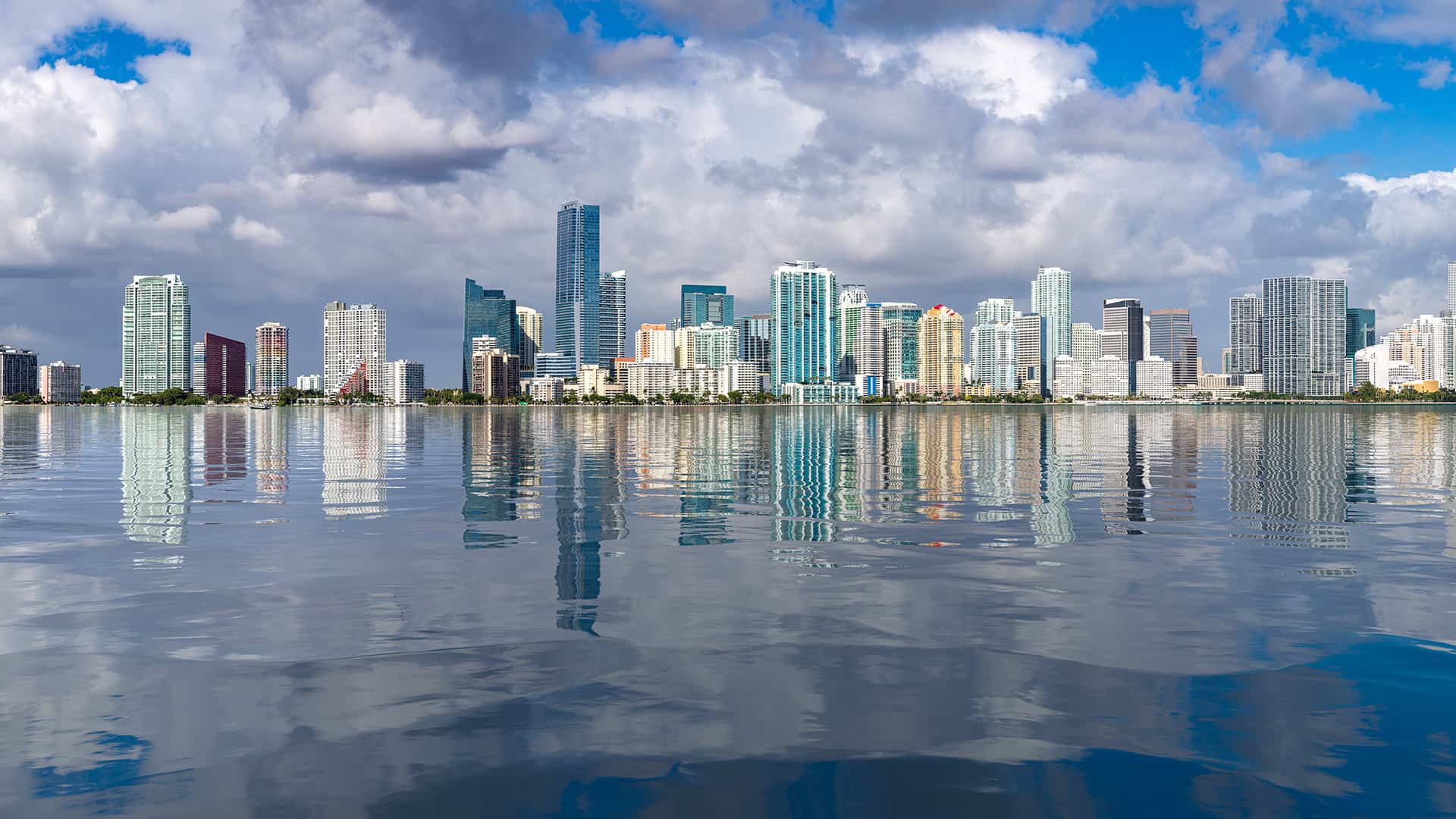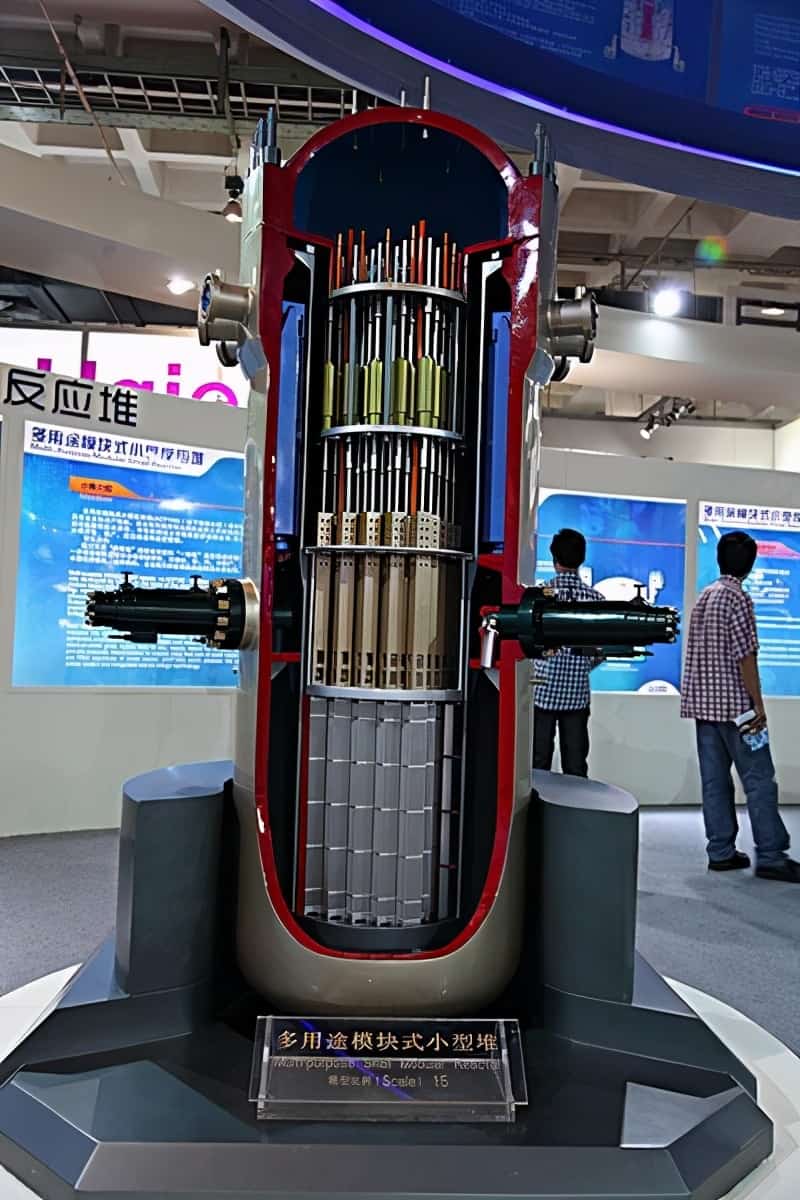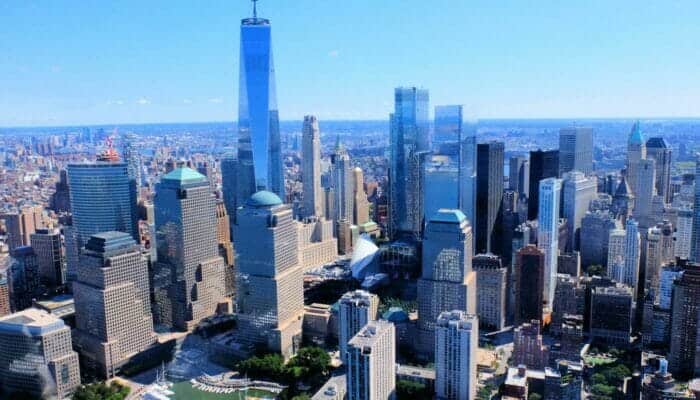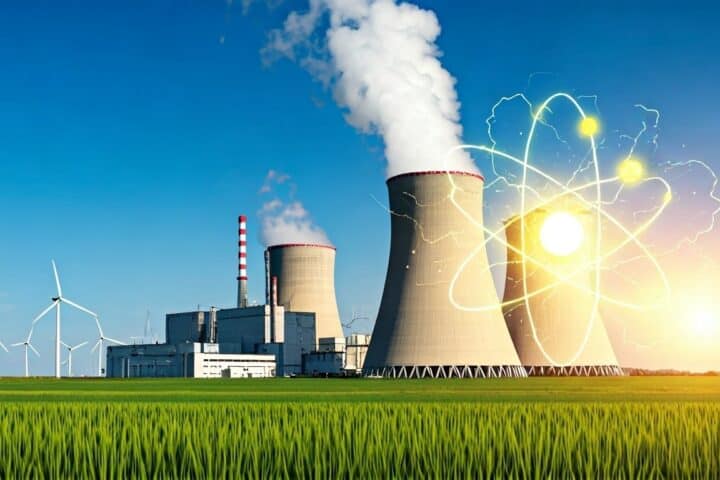Explore the groundbreaking initiative on building code by the U.S. Department of Energy, unveiled on December 18th, offering competitive grants totaling up to $530 million to drive the adoption of model energy codes, zero energy standards, and building performance benchmarks across states and localities. Delve into the transformative potential of these grants, aimed at curbing energy costs, fortifying building resilience, and modernizing the American building infrastructure. Navigate the intricate landscape of energy code implementation, from ASHRAE 90.1-2019 for commercial buildings to custom codes and performance standards, fostering a diverse array of pathways aligned with President Biden’s Justice40 initiative. Gain insights into the strategic vision outlined by the DOE, empowering states, territories, and municipalities to cultivate skilled workforces adept at deploying cutting-edge building technologies and spearheading energy efficiency projects crucial for decarbonization efforts. Mark your calendars for the upcoming deadlines, with small concept papers due by February 9, 2024, and full applications by April 30, 2024, beckoning qualified municipalities to seize this transformative opportunity.

Transforming Building Efficiency: Model Energy Codes and Decarbonization Initiatives Drive Energy Savings and Carbon Reduction
The country could save enough energy to power all U.S. households for an entire year if all states updated to the most recent model energy codes over the course of the following 30 years, and the comparable reduction in carbon dioxide emissions would be close to 2 billion metric tons.
The grants, which are administered by DOE’s Office of State and Community Energy Programs and funded by the Inflation Reduction Act, are meant to reduce energy costs, improve building resilience to extreme weather events, and modernize American building stock through state and regional action on building codes.
An earlier $400 million formula funding release for states and territories was followed by this funding opportunity. Grants were distributed according to state populations, and code improvements based on square foot calculations for industrial buildings were anticipated to result in energy savings.
Building performance standards have been implemented in four states and roughly 11 native jurisdictions, and the National Building Performance Standards Coalition of the federal government is continuing to grow the number of municipalities that have stated a desire to pass BPS soon.
Empowering Building Code Diversity: DOE Grants Drive Adoption of Model Energy Codes and Decarbonization Initiatives
According to the DOE, these funding sources are intended to give grantees the freedom to pursue paths that are appropriate based on their state and regional ordinances in response to a variety of legal circumstances. The latest model energy codes, exclusively ASHRAE 90.1- 2019 for commercial buildings, are among the building energy code implementation categories that are currently being considered for qualification. These codes range from zero energy to custom codes to building performance standards.
The DOE stated in the release that the opportunity will help states, territories, and localities develop “more diverse programs that fit with President Biden’s Justice40 initiative” while also making sure that nonprofits, industry leaders, states are ready to develop diverse workforce training initiatives and decarbonize buildings.
By February 9, 2024, small concept papers must be submitted by qualified municipalities with the authority to adopt building codes as part of a full application. Applications must be submitted in total by April 30, 2024.
Resume: DOE Funding Drive: Advancing Energy Codes and Decarbonization Projects for Sustainable Building Practices
- Based on a press release released on December 18, the U.S. Department of Energy has announced up to $530 million in professional assistance competitive grants to encourage the adoption of model energy codes, zero energy code, building performance standards, and their equivalents
- According to the DOE, states and localities can use this funding to coordinate and develop a workforce with the most up-to-date building technology skills, including properly installing and running cheap, good buildings and ensuring the delivery of energy efficiency projects required to decarbonize buildings.
- The innovative funding opportunity increases the number of qualified applicants and activities, the latter of which include specialized codes and cutting-edge code strategies like building performance standards, which are becoming more popular at the local and state levels.













